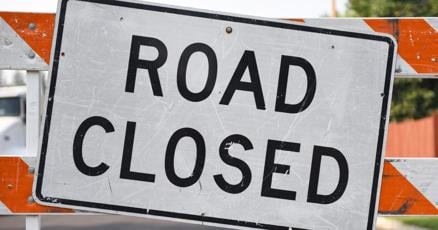
Several major Colorado Springs roads mistakenly labelled as closed on Google Maps Monday
- 18.03.2025 03:49
- gazette.com
- Keywords: Road Closure, Google Maps, Waze
Several Colorado Springs roads were incorrectly marked as closed on Google Maps and Waze, including Nevada Avenue and Constitution Avenue. Despite being open, these closures remain listed with end dates in late March and early April. Apple Maps did not show the errors, while the city is investigating the issue.